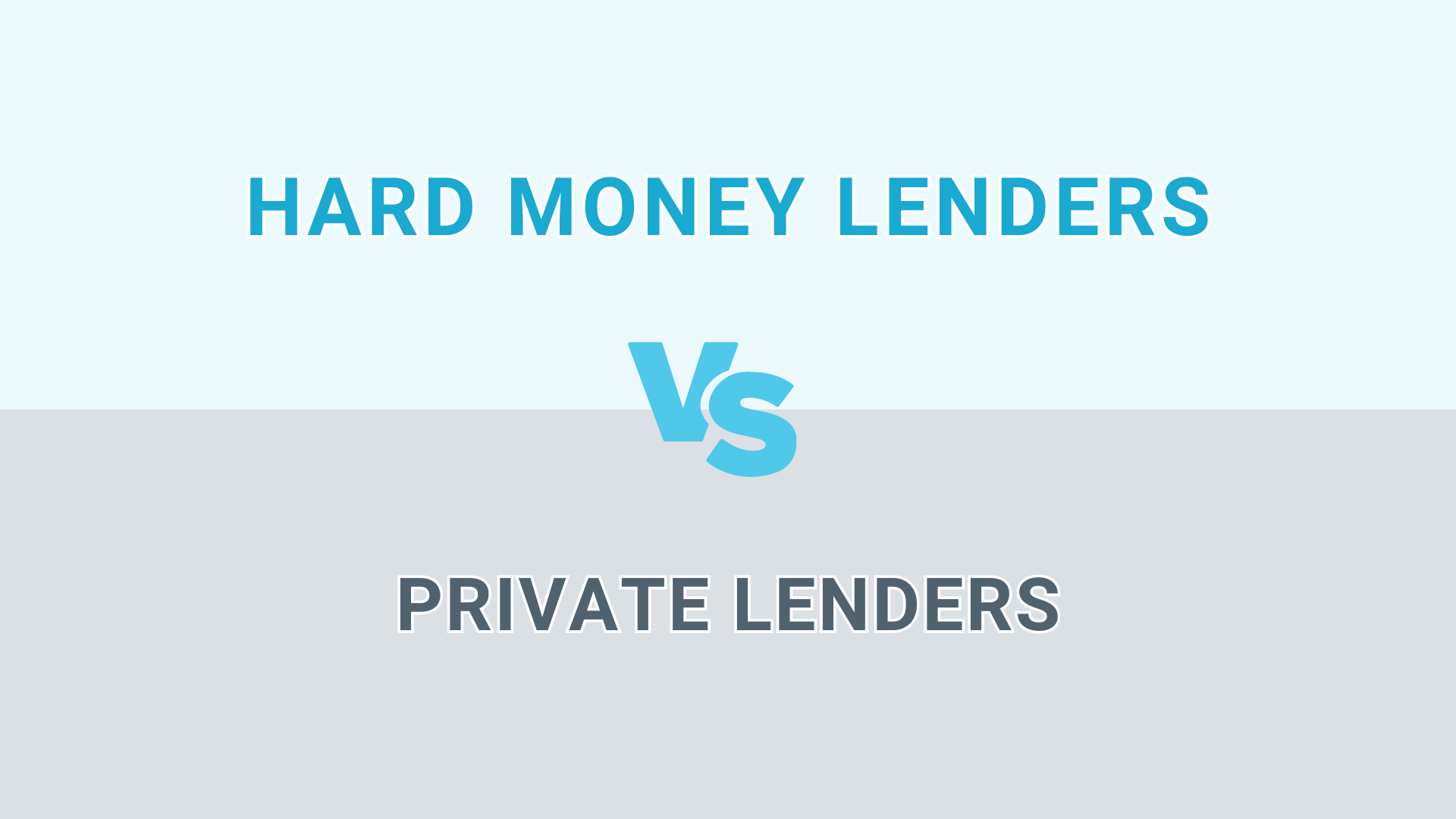The Ultimate Guide to Securing Funding From Hard Cash Lenders
In the world of realty investing, the mission for funding from tough money lenders can typically be an essential aspect in determining the success of a venture. Recognizing the subtleties of this alternate financing option is vital for those seeking to navigate the detailed landscape of tough money car loans. From qualification criteria to calculated application methods, the trip towards protecting funding from these loan providers can be both difficult and fulfilling. As we discover the complexities of this economic avenue, valuable insights and methods will be revealed to help in your pursuit for monetary support.
Comprehending Tough Money Lenders
What identifies hard cash lending institutions from standard lenders in the realm of realty funding? Difficult cash lenders are private individuals or groups that provide temporary financings that are secured by actual estate. Unlike typical lenders such as banks or credit scores unions, hard money lenders focus mostly on the value of the residential or commercial property being used as security instead than the customer's creditworthiness. This distinction enables hard cash loan providers to supply funding promptly, making them a preferred choice genuine estate capitalists seeking to protect financing for fix-and-flip projects or other time-sensitive opportunities.
Difficult money loan providers usually supply higher rates of interest and charges compared to conventional lending institutions, mirroring the increased risk they tackle by supplying loans without the extensive financial background checks and paperwork called for by banks. The speed and versatility of hard money lending can surpass the greater costs for capitalists in demand of fast funding or those that might not qualify for typical loans due to credit report problems or non-traditional building types. Understanding these vital differences is crucial for capitalists seeking to leverage difficult money lending institutions for their realty endeavors
Qualifying for Hard Money Loans

Furthermore, difficult cash lenders may need a deposit varying from 20% to 30% of the home's worth to make certain the borrower has a financial stake in the investment. The residential property i thought about this itself works as the key collateral for the funding, so its market price and possibility for admiration play an important function in the approval decision. hard money lender. Meeting these qualifications and offering a clear exit technique for paying off the finance are essential steps in securing funding from hard cash lenders

Tips for a Successful Lending Application
To enhance the possibility of an effective loan application with difficult money lending institutions, careful prep work and interest to information are extremely important. Be clear about your debt history, as tough cash loan providers typically focus on the value of the home over the consumer's debt score. By adhering to these tips and offering a strong application, you can increase your possibilities of protecting financing from hard money loan providers.
Contrasting Difficult Cash Lenders
Different lending institutions might use varying rates and cost frameworks, so it's crucial to comprehend the total price of borrowing from each see it here lender. LTV ratios identify exactly how much of the property's worth a lending institution is eager to finance, and these proportions can differ dramatically between lending institutions. Difficult cash you can try here financings are typically sought for their fast approval and financing procedure, so comparing the time it takes for various lending institutions to disburse funds can be important for consumers needing immediate financing.

Optimizing Your Funding Authorization Chances
Having thoroughly compared essential elements among hard money lenders, customers can now focus on techniques to improve their funding approval chances. Hard money lenders value transparency and professionalism and trust, so being arranged and prepared can substantially raise your authorization probabilities.
Developing a positive connection with the lending institution through effective communication and responsiveness can even more increase your approval opportunities. By following these approaches and offering yourself as a knowledgeable and reliable debtor, you can enhance the likelihood of safeguarding funding from tough money loan providers.
Conclusion
Finally, securing funding from tough cash lenders requires a clear understanding of their requirements, certification procedure, and the essential actions to raise your chances of approval. By following the suggestions detailed in this overview and meticulously contrasting various lending institutions, you can optimize your financing possibilities and efficiently get the funding you require for your property financial investments.
What identifies tough cash loan providers from conventional loan providers in the realm of real estate funding? Unlike typical lending institutions such as financial institutions or credit report unions, difficult money loan providers focus largely on the worth of the property being used as security rather than the customer's creditworthiness.Hard money lending institutions typically offer greater passion prices and charges contrasted to conventional loan providers, showing the boosted risk they take on by providing loans without the considerable financial history checks and documents needed by banks. Various loan providers may supply varying prices and fee frameworks, so it's necessary to understand the complete expense of loaning from each loan provider. LTV proportions figure out exactly how much of the home's value a lending institution is eager to fund, and these ratios can vary significantly between lenders.
 Alfonso Ribeiro Then & Now!
Alfonso Ribeiro Then & Now! Ben Savage Then & Now!
Ben Savage Then & Now! Alexa Vega Then & Now!
Alexa Vega Then & Now! Tonya Harding Then & Now!
Tonya Harding Then & Now! Jaclyn Smith Then & Now!
Jaclyn Smith Then & Now!